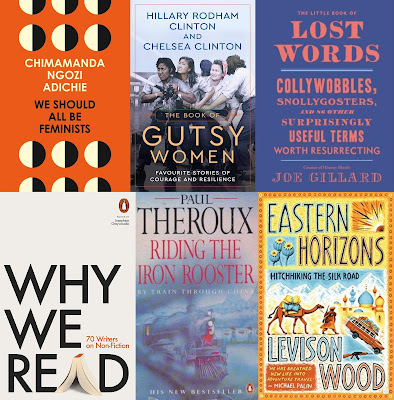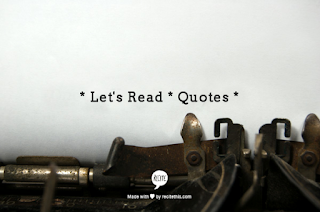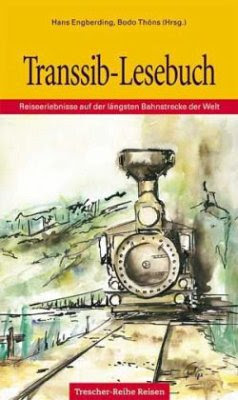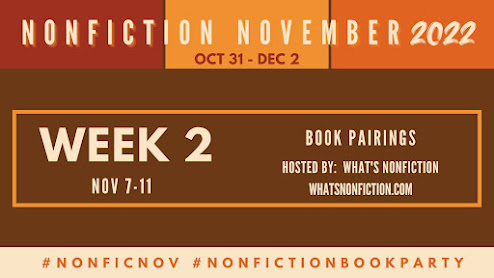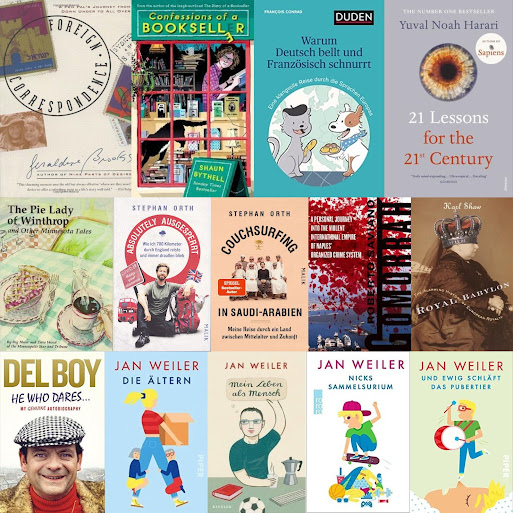Buck, Pearl S. "My several worlds: A Personal Exile" - 1954
I read this book ages ago and don't know why I never reviewed it. It left a vivid memory about Pearl S. Buck and her life. She belongs to my list of favourite authors, she was actually the first grown-up author I read and therefore occupies a special place in my heart.
In her autobiography, she writes just as well as in her novels where she manages to show us Chinese life as if we lived there ourselves. And here she becomes a close acquaintance of us, if not even a friend.
I know there was a controversy about her award of the Nobel Prize for Literature but that might have been because many men couldn't see a woman getting the award. So they had to find a reason why this was wrong. But her biographies are truly masterpieces and her descriptions of peasant life in China truly epic and rich. There certainly have been laureates who didn't deserve the prize, Pearl S. Buck isn't one of them.
She was a remarkable woman and writer.
From the back cover:
"Autobiography of Pearl S Buck. A memoir of the life of the first female Nobel Laureate for Literature, who was also a world citizen and a major humanitarian, Pearl (Sydenstricker) Buck (1892-1973) three quarters of the way through her life. Published by the John Day Company to whose president, Richard John Walsh (1886-1960), she was then married, the book was successful and temporarily revived her waning reputation. The China oriented writer Helen Foster Snow described her partnership with John Day and Walsh as 'the most successful writing and publishing partnership in the history of American letters.' The firm had published everything she'd written since their marriage in 1935. Her biographer, Professor Peter Conn, describes the book as 'a thickly textured representation of the Chinese and American societies in which she had lived.' Friend of Eleanor Roosevelt, cultural ambassador between China and America, tireless advocate for racial democracy and women's rights and founder of the first international adoption agency, this is a book by and about a special American citizen of the twentieth century."
Pearl S. Buck received the Nobel Prize for Literature in 1938 "for her rich and truly epic descriptions of peasant life in China and for her biographical masterpieces."
I contribute to this page: Read the Nobels and you can find all my blogs about Nobel Prize winning authors and their books here.


